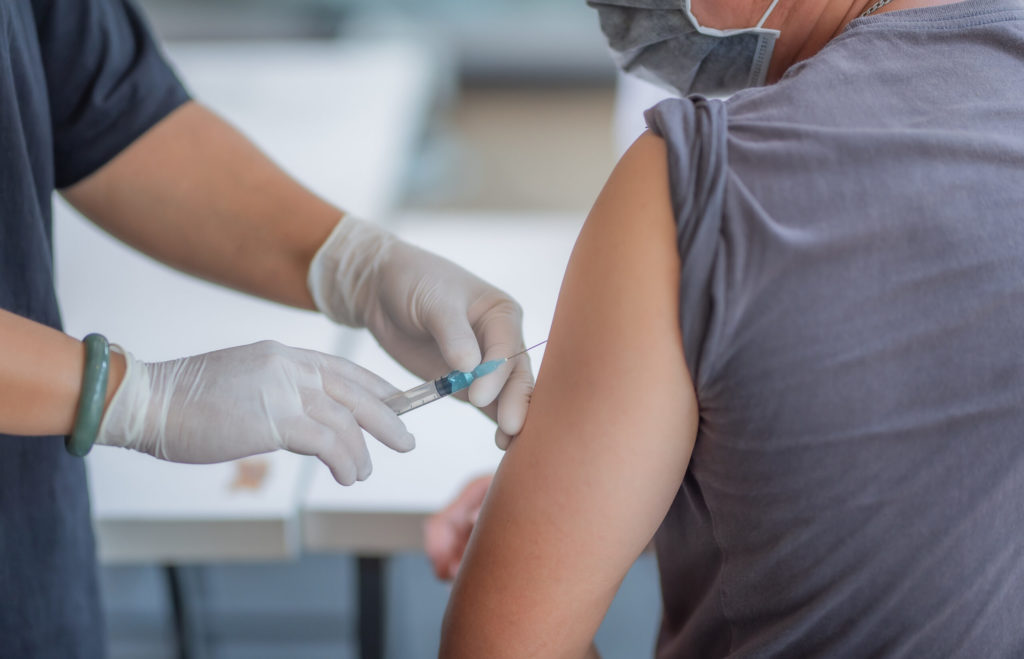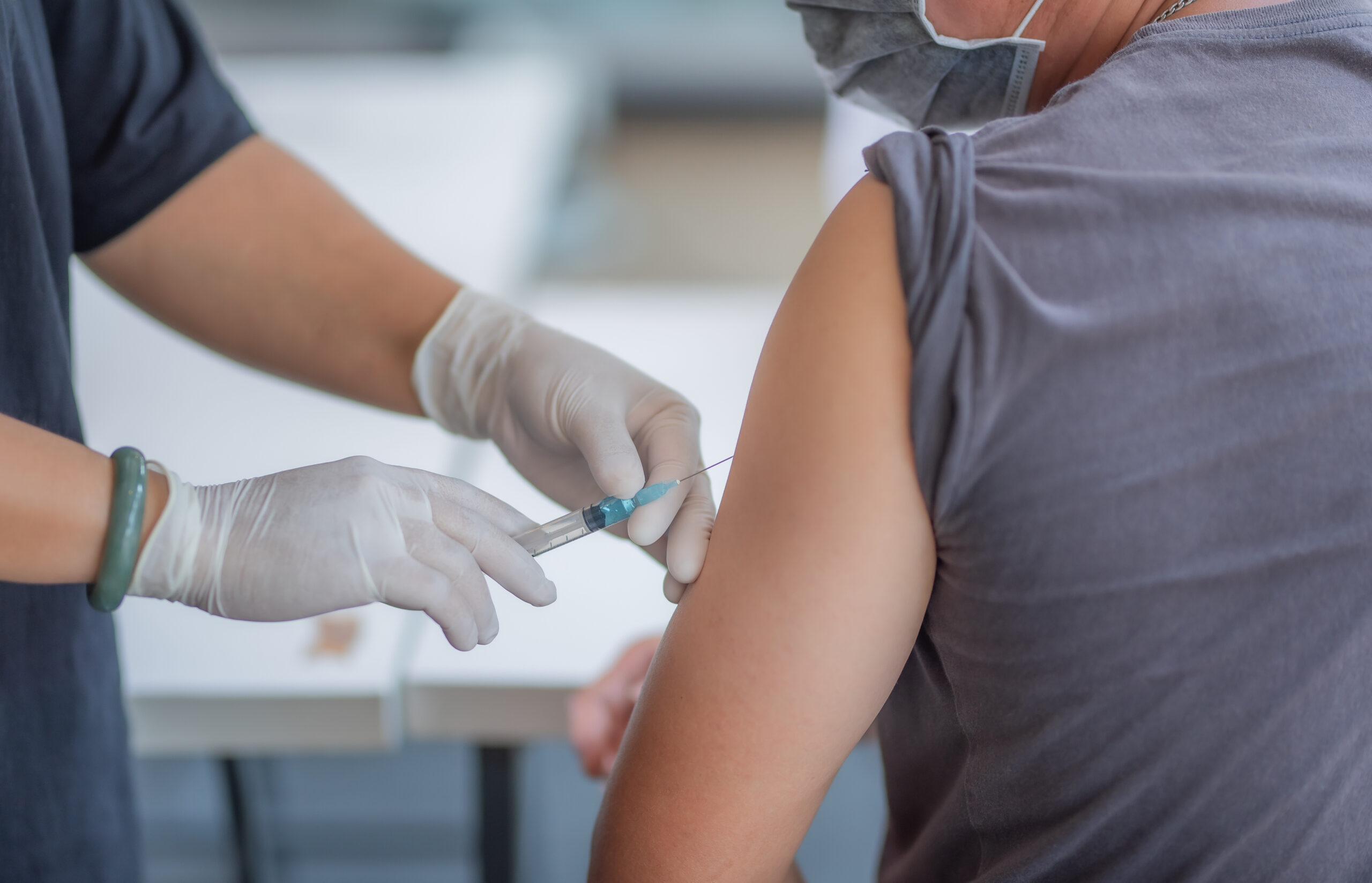The scientists discovered that following the initial dosage of the BNT162b2 vaccination, 97.9 percent of the individuals in the extremely sensitive category had no acute allergic reaction, whereas 1.4 and 0.7 percent experienced moderate-severe allergies and anaphylactic responses, correspondingly.
Most People With Severe Allergies Can Get COVID-19 Vaccine
Throughout the trial period, 50.8 % of extremely allergic individuals got the additional BNT162b2 vaccination dosage, with 98.2 % having no adverse responses and 1.8 % having moderate allergies. Despite the exceptions of postponed itch and skin eruptions, which happened more frequently in allergic individuals, all acute and postponed symptoms were equivalent to that observed in the general public.

In the beginning phase of vaccination, many people had raised their concern about having allergies and were much doubtful about the effect of the vaccine on their health in such a situation. However, with this new survey, this situation is cleared now as the data and clinical trial of vaccines have shown that all such vaccines are safe for such people with any sort of allergy and hence they can easily go for any of them.
In a retrospective cohort research performed from Dec. 27, 2020, to Feb. 22, 2021, Ronen Shavit, M.D., of Sheba Medical Center, and coworkers report immunization of extremely allergic people with Pfizer-BioNTech (BNT162b2) COVID-19 vaccination. A total of 8,102 allergy sufferers are assessed for risk utilizing an algorithm that comprised a comprehensive survey; 429 individuals are deemed very sensitive and were inoculated under medical treatment.
“We enabled the immunization of most patients with allergies by using a simple algorithm that included a referral center, a risk assessment questionnaire, and a safe environment for immunization of highly allergic patients with observation after immunization,” the authors write. “This algorithm can be implemented in any medical setting to allow immunization for all.”
Teva and Pfizer have financial ties to one of the authors.
SARS-CoV-2 is a deadly global epidemic with few therapeutic possibilities that has killed over 3,000,000 people worldwide and cost the worldwide economy more than $10 trillion. Immunization is the best global method for achieving optimum community immune systems and reducing the effect of this virus. In clinical studies, a number of vaccinations have proved to be harmless and efficient, and they are already in use. Possible allergic responses, such as anaphylactic, have indeed been documented, although only on a few occasions.
There are no standardized guidelines for assessing and managing people who have suspected of having sensitivity to the active ingredients or the vaccination itself. This report gives evidence-based specialist general agreement that integrates advice from specialists in the United States, emphasizing a patient-centered approach that takes into account the dangers and advantages of having received SARS-CoV-2 immunization, the valuation and cost efficiency of test results and precautionary metrics, and collective decision in acknowledgment of numerous preference-sensitivities.
There really is no proof that any existing condition, as well as testing with the vaccination or inert ingredients, can forecast the probability of a vaccination response. Because this is the first time such treatments have been used, this is meant to be an ability to live file that will require to be updated on a regular basis as new information becomes available, such as more investigation on the natural world of immunization interactions and need for possible risk measures.
As the vaccination rollout proceeds, there are still information shortcomings and unmet requirements to be handled, as detailed in this evaluation. Given the urgent global ought to vaccinate as many people as possible in as numerous countries, the doctor should be knowledgeable with the risks of probable vaccination responses, as well as how to assess and treat them.
